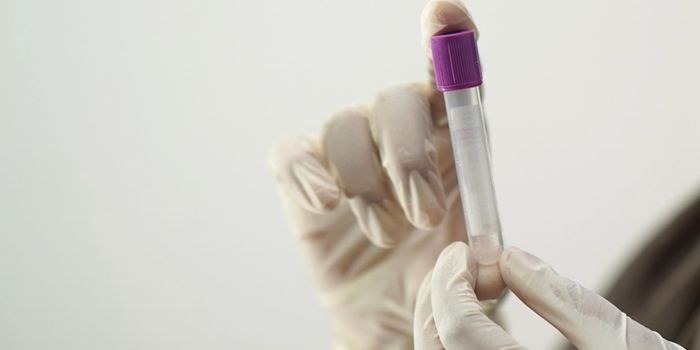Theranos CEO Elizabeth Holmes recently took the company to a place it’s never been before: to one of the most popular science conferences in the world. This coming-out appearance came on the heels of a string of regulatory turmoil that ended with Holmes being banned from owning or running any clinical laboratories for two years. Was Holmes making amends with the scientific community? Many are still unconvinced.

When Holmes stepped out on the stage of the
American Association of Clinical Chemistry conference, she was greeted with a packed audience. Though some people resented that Holmes was given a much coveted public platform amidst a tremenous cloud of suspicion surrounding Theranos’ credibility, all were eager to hear what she had to say.
But those who were expecting a big reveal on the science behind Theranos’ droplet technology were sorely disappointed. “We know there are a lot of questions about the past, and we will address those in the appropriate forum,” Holmes said. Instead, Holmes spoke on the “latest version” of a new invention by Theranos.
Keeping with the theme of “smaller is better,” the new unveiled technology is an automated minilab that can carry out a variety of different tests with a small amount of blood sample. Officially named the Theranos Virtual Analyzer and Theranos Sample Processing Unit, the device is the size of a placemat and was purported to function in many locations, including remote areas with limited clinical capacity.
Doing a complete 180-degree, Holmes actually presented data showing how Theranos’ miniLab fared in comparison to another testing device.

But if this is Holmes’ way to make amends with the scientific community, she is off to a rough start. At the end of the 90-minute presentation, questions arose regarding the credibility of this new device given the outcome of the last revolutionary technology by Theranos. Furthermore, both devices seem to rest upon the same unproven concept of quality lab results with a small amount of sample.
Indeed, Stephen Master, a professor of Weill Cornell Medical College and a moderator on the panel for Holmes’ presentation asked what was on many peoples’ minds: "These claims that you have made that were very broad early on, [but] the evidence you've presented fall short of that. So how should we think about that?"
In response, Holmes said: “We chose this meeting to begin engaging in a scientific exchange. We wanted to introduce the invention.” She also added, “I wish I had started earlier."
Scientists are skeptical by nature, but Holmes has invited even more skepticism based her unwillingness to share the scientific evidence to back up Theranos’ claims. Since its founding days, the company has yet to release any details of their testing equipment or methodology. And they’ve not published any data in peer-reviewed scientific literature. In short, Theranos’ claims has never be verified by the scientific community.
Nevertheless, opening Theranos to scientific scrutiny is a step in the right direction, though Holmes will probably have to travel far to earn back any credibility.
Additional sources:
CNN,
Business Insider,
MIT
 When Holmes stepped out on the stage of the
When Holmes stepped out on the stage of the 








